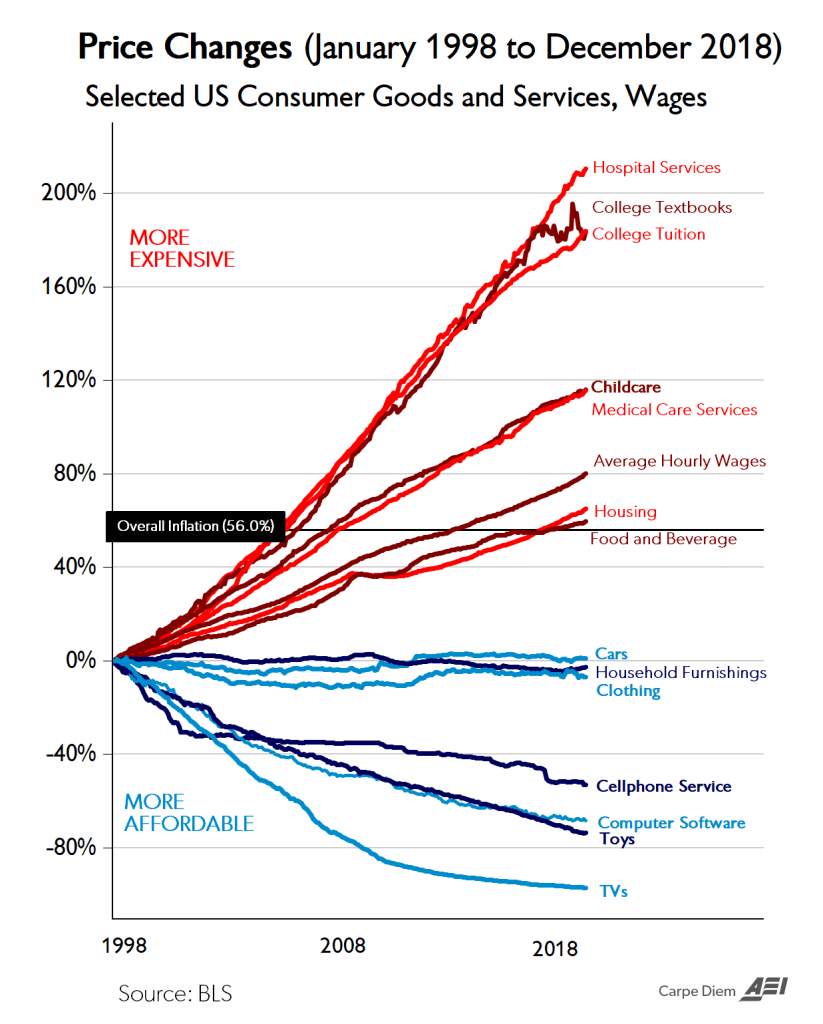As usual, I waited until the last possible minute to do my taxes. I was thinking about not doing them at all, cuz you know, #Resist.
No, that’s just an excuse. Taxes are a pain in the ass. I do mine by hand because I’m ethically opposed to paying for tax preparation software. Every other civilized nation provides taxpayers with a prefilled tax filing, yet here in the US we put our citizens through needless agony because H&R Block and Intuit lobbied to make taxes as onerous as possible. Thanks to TurboTax, Congress is about to permanently ban the IRS from offering free online tax filing.
I hate rent-seekers. That’s why I get all my legal advice from the internet and buy prescription drugs straight off the dark web.

Speaking of rent-seekers — We issue 85,000 H1-B visas a year and 0% go to physicians. Why? Because the American Medical Association lobbies to make it so. Even if a foreign doctor does find her way into the US, she still has to pass three separate Board exams, get certified by the Educational Commission for Foreign-Trained Medical Graduates, undergo a three-to-five year residency program, and then take a third licensing test. That’s why we end up with so many immigrant doctors working as cab drivers.
As an occasional consumer of medical services, part of me wants to lower costs by importing lots of foreign doctors. On the other hand, my brother just embarked on his first year as an attending physician after twelve years of training and residency. He’s starting his career in his thirties with over six figures in student debt. After taxes and rent, he’ll be lucky to have his loans paid off by the time his kids go to college. This is the norm for medicine.
Maybe the rent-seekers at TurboTax also have bills to pay and children to feed.
So I don’t begrudge anyone their protectionism; I just want some for myself.
Computer programmers need supply restrictions too! Bad code can make airplanes fall out of the sky and unconscious biases persist in AI, it shouldn’t be left to just anybody.
For decades, industry employers pushed a false narrative about impending engineer shortages to secure a flood of H1-B workers. Now we have STEM workers rotting in the fields because there aren’t enough engineering jobs that pay a living wage. IEEE published some lukewarm refutations of the STEM shortage, but what they really should have done is lobby for occupational licensing. Like, no one should be able to write a line of code without a PhD and certification from IEEE. Anyone who does so is practicing code without a license. Code is law, man, and should be regulated as such.
Everyone’s a NIMBY in their own backyard 😀
Like this:
Like Loading...










